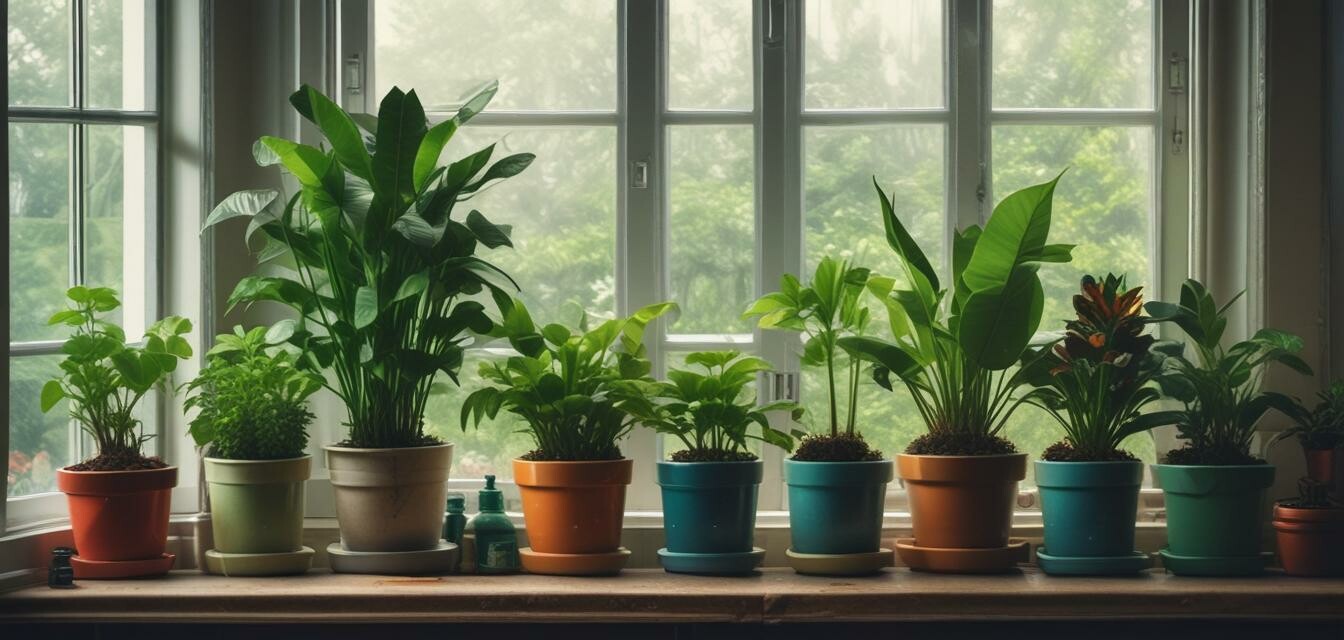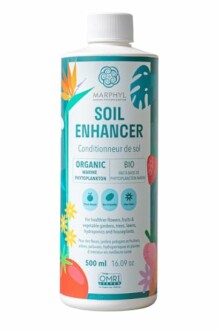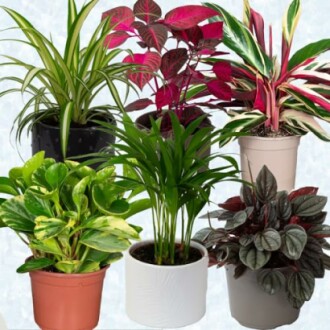
Choosing the Right Fertilizer for Houseplants
Key Takeaways
- Understand the nutritional needs of your houseplants.
- Choose organic fertilizers for safe and sustainable growth.
- Liquid fertilizers offer quick nutrient absorption.
- Regular feeding schedules will enhance plant health.
- Consider pet-friendly options if you have animals at home.
For anyone looking to maintain a lush urban garden, selecting the appropriate fertilizer is essential for maximizing the growth and overall health of your houseplants. This guide aims to provide insights into various fertilizers and how they can be used effectively for your indoor plants.
Understanding Fertilizer Types
Fertilizers come in various forms, each suited to different types of plants and growth requirements. Here's a breakdown of the main types of fertilizers available:
| Fertilizer Type | Description | Best For |
|---|---|---|
| Organic Fertilizer | Made from natural sources, rich in nutrients and beneficial microbes. | All types of plants, especially vegetables and flowers. |
| Liquid Fertilizer | Fast-acting, diluted concentrations that can be applied directly to the soil or leaves. | Quick growth needs, like seedlings or stressed plants. |
| Granular Fertilizer | Solid, slow-release formula that feeds plants over time. | Plants that require steady nutrient availability. |
| Slow-Release Fertilizer | Designed to release nutrients gradually for an extended period. | Long-term feeding for potted plants. |
Why Fertilizers are Important
Fertilizers play a crucial role in plant health. They provide essential nutrients that may not be available in sufficient quantities in potting soil. Here’s why you should use fertilizer for houseplants:
- Improves plant growth by providing required nutrients.
- Stimulates flowering and enhances the production of fruits.
- Aids in the overall health of the plant, making them less susceptible to diseases.
Considerations When Choosing Fertilizers
When selecting a fertilizer, keep the following in mind:
- Plant Type: Different plants have different needs. Succulents, for instance, require less feed compared to flowering plants.
- Growth Stage: Young plants need more nitrogen while flowering plants benefit from phosphorus and potassium.
- Pet Safety: If you have pets, look for pet-friendly fertilizers that are safe for your furry friends.
- Organic vs. Chemical: Organic options, like those made from natural ingredients, are often better for the environment.
Top Recommended Fertilizers for Houseplants
Based on performance, here are our top picks:
MARPHYL Organic Liquid Fertiliser
An all-purpose liquid fertilizer made from marine phytoplankton, perfect for both indoor and outdoor plants.
Learn MoreThis fertilizer is quickly absorbed by plants, ensuring that they get the necessary nutrients for healthy growth.
6 x Pet Friendly House Plants
A collection of non-toxic plants, easy to maintain and perfect for pet owners.
Learn MoreChoosing the Right Fertilizer for Specific Plants
Different houseplants have unique nutritional needs. Here's a quick guide to help you:
| Plant Type | Recommended Fertilizer | Application Frequency |
|---|---|---|
| Succulents | Low-nitrogen fertilizer | Every 6-8 weeks |
| Foliage Plants | Balanced fertilizer (NPK 10-10-10) | Every 4-6 weeks |
| Flowering Plants | High-phosphorus fertilizer | Every 3-4 weeks |
Conclusion
Choosing the right fertilizer is essential for the health and growth of your houseplants. Natural options, like those offered by MARPHYL Organic Liquid Fertiliser, provide excellent nutritional support while ensuring safety for your pets. Remember, understanding your plant's specific needs and keeping a consistent feeding schedule will help maintain a thriving indoor garden.
Tips for Plant Care
- Always read the instructions on the fertilizer product.
- Monitor your plants for signs of nutrient deficiencies.
- Water plants before applying liquid fertilizer to avoid root burn.
- Keep a consistent schedule to prevent plant stress.
Further Resources
For more information on choosing the right houseplants and maintaining a balcony garden, you can check these resources:

